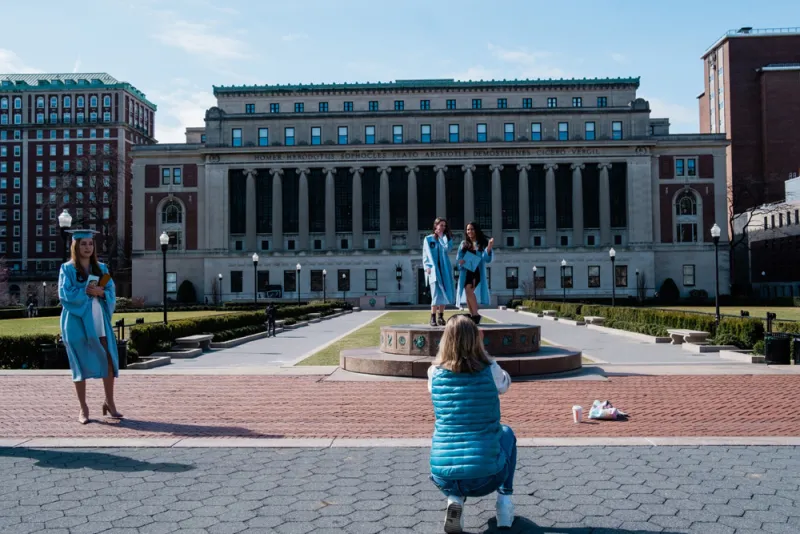The coronavirus pandemic could cripple college and university endowments worse than any recession in recent memory, as schools grapple with the unanticipated and unprecedented costs of a global health crisis.
“This situation was completely unexpected,” Liz Clark, vice president of policy and research at the National Association of College and University Business Officers, said by phone Thursday. With schools forced to close their campuses and send students home for the rest of the semester, colleges and universities are now facing economic pressures far beyond the market losses seen in 2008’s financial crisis.
“The downturn of ten years ago was significant: Colleges and universities did face cuts in higher education spending; they did face endowment losses,” she said. “However, the questions around enrollment were not as significant as they could potentially be here, during this COVID-19 pandemic.”
Enrollment directly impacts tuition, which according to NACUBO is the primary source of revenue for all colleges and universities, public or private. If summer classes are cancelled, or if enrollment drops next year due to lingering coronavirus concerns, university finances will take a hit. And that’s on top of the money lost from cancelling sporting events and other revenue-generating activities on campus.
“There’s a lot of things that universities were not prepared for,” said Jim Dunn, chief executive and CIO of Verger Capital, an outsourced-CIO shop that manages the endowment assets of Wake Forest University. “A lot schools don’t have the cash and don’t have the liquidity they need right now.”
Some colleges and universities in dire need of cash may look to their endowments for support. While endowments are not set up to serve as “rainy day funds” — and in fact often have tight restrictions on how they can be deployed — some institutions “may consider tapping into endowment funds for special appropriations,” Clark said.
Other universities may rely on endowment funds to provide financial aid to students who can’t afford to pay tuition. According to Dunn, a lasting recession could require financial aid spending to increase.
Even just maintaining the required spending rate could be challenging for university and college endowments. Clark said an endowment’s spending rate is generally determined based on its average value over the past three years, so that payouts do not fluctuate as much year to year. This means that even endowments suffering from market losses won’t necessarily be able to significantly decrease their spending.
And many endowments are suffering. NACUBO’s most recent study of endowments with TIAA found that many smaller college and university funds still have high exposures to public equities, and will be significantly impacted by the stock market declining.
Even the more diversified endowments may find themselves in trouble, according to Dunn. For example, private markets, which make up large portions of many endowment portfolios, will not necessarily be exempt from the economic downturn, even if they don’t suffer the same volatility as publicly traded assets.
“Unless you had hedge funds that actually hedge, unless you had some form of protection, you could be in a bad spot,” he said. “A lot of CIOs are sitting on their hands right now because there’s nothing they can do — they put their money in managers and just have to hope they have good risk management.”






